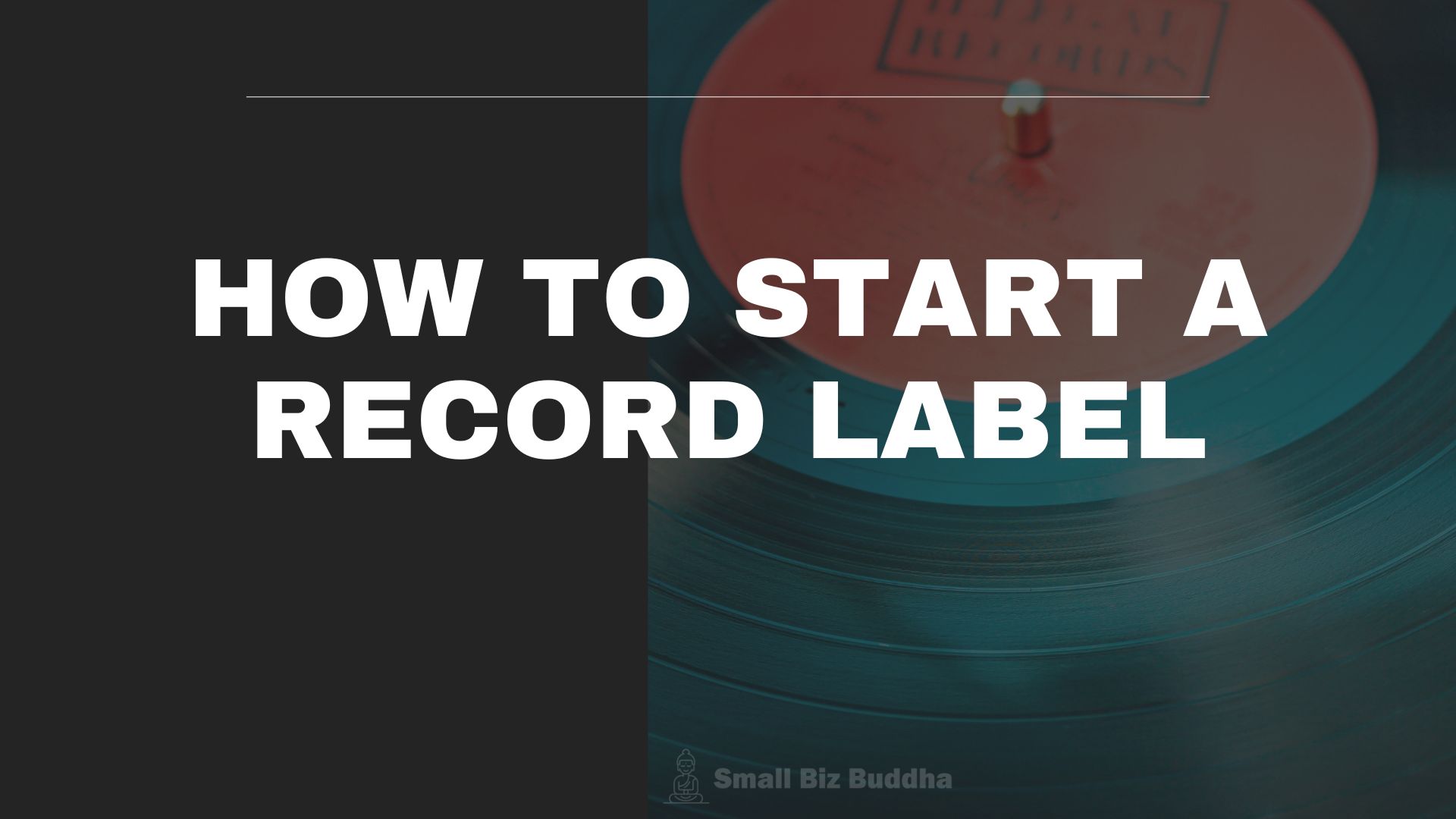Starting a record label isn’t as scary or difficult as you might imagine. With the right information and guidance, it’s an opportunity that any music lover can take advantage of. In this blog post, we’ll outline the fundamental principles to starting a record label and provide some useful advice for aspiring entrepreneurs with the same ambitions.
If you have a passion for music and a drive to succeed, launching your own record label is something you should consider. It may seem like a lot of work up front, but in the long run it will be worth it. A successful record label is more than just starting an independent music company; it’s establishing an outlet for artists who want their songs heard by more than just their friends and family members.
Decide on your business structure
As a first step, you’ll need to decide on your business structure. There are three common structures: – Sole Proprietorship – Partnership – Corporation The type of company you choose will depend on a variety of factors, including who the founders are and what the range of products or services your label offers. For example, a sole proprietorship would be best for someone who is starting a label on their own with no outside partners, whereas a partnership might be more appropriate for someone starting a label that has outside investors or backers. A corporation could work well if you have employees or other legal entities (like publishing companies) involved in your business. It’s worth noting that there are many other considerations for each type of company, and it’s crucial to understand the differences before deciding which one to form. Check out this article from Inc.com for more information about choosing the right company structure.
Get to know your artists
Before you sign an artist, you should know as much about them as possible. The more information you have, the better idea of what they can do for your label and what type of person they are. Basic research will tell you if they’ve been in other projects before, how they’ve performed on those projects, and what kind of fanbase they have.
Have your lawyer write recording contracts
Record contracts vary by genre, artist, and record label. But regardless of their specifics, recording contracts include terms that protect both parties. Recording contracts can outline the rights and responsibilities of both parties, including royalty rates and streaming rights. They can also dictate how disputes should be resolved, and whether an outside party will oversee any contract negotiations.
There are a few key things to keep in mind when writing a recording contract: Be clear about what you are trying to accomplish (e.g., royalties or control over content). Make sure that everyone involved is on board with the agreement’s goals. At the same time, be mindful of your own needs as a business owner so you don’t end up sacrificing long-term value for short-term gain.
Determine how you’ll market and promote
your label If you’re starting a record label, it’s important to have an idea of your budget and how you plan on marketing and promoting your label. This can be tricky as it requires you to predict the market, but there are ways to do this without getting too pricey. You can start by asking yourself: – Who is my potential target audience? – Do I have the money for a promotional campaign? – What social media platforms should I be using? – Who will handle all of this? The more you know about your target audience and the level of money that you want to spend on advertising, the easier it will be for you to answer these questions. It’s good to think about what platforms will work best for your brand, as well as who is going to handle all of this (whether it’s going to be one person or a team). This way, when you go into meetings with labels, distribution channels, or other industry partners, they know what they’re signing up for.
Choose your digital platform(s)
You’ll start by choosing your digital platform. There are a lot of options out there: you can use Bandcamp to sell music, Soundcloud as a streaming service, and Facebook to promote content. One of the most popular platforms is Bandcamp because it’s easy to upload and distribute albums on the site, and it has a built-in ecommerce functionality.
Summing up
Starting a record label is not as complicated as it seems. You just need to have a sound business plan. Think about the type of music you want to produce, the artist that you want to produce it with, and the kind of service or product that you want to offer. That’s where your label name comes from. You will also need an attorney who can help you draft up contracts for all your artists and employees. Lastly, you will need a website which is relatively inexpensive to maintain or create. If you are considering starting a record label but don’t know where to start, this article should be helpful in guiding you through some of the steps necessary for success.

